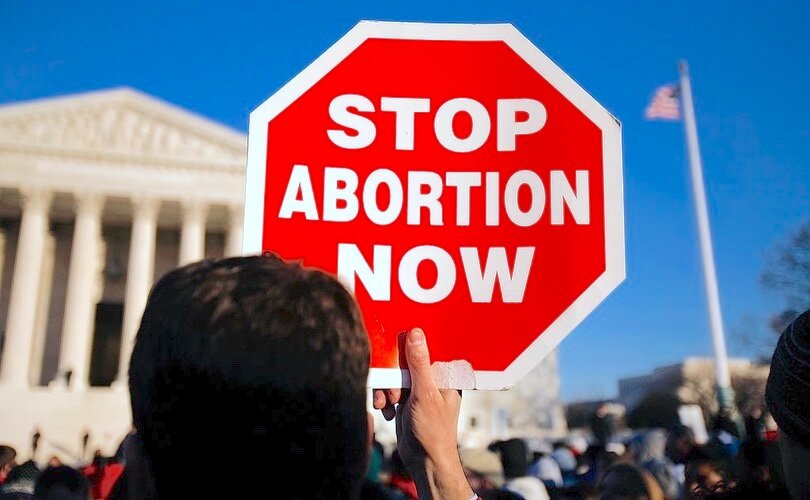(LifeSiteNews) — As a result of significant pro-life laws continuing to be allowed to take effect, millions of American women of reproductive age live more than 200 miles from the nearest abortion facility, according to newly released data shedding light on the cumulative deterrent effect of laws to protect the preborn.
National Public Radio (NPR) reported that, after the state Supreme Courts of Arizona and Florida recently ruling that laws banning most abortions can take effect, “it’s about 6 million women of reproductive age who are experiencing an increase in distance of more than 200 miles,” according to Middlebury College economist Caitlin Myers.
She noted that once Florida’s six-week abortion ban takes effect in two weeks, Florida women would have to travel to North Carolina, more than 600 miles away, to reach the closest facility that commits abortions after six weeks.
“So we’re talking about a day’s drive to a state that requires you to engage in this multi-day process. A lot of people might end up going several hundred miles further to Virginia,” she said.
Myers, who has been tracking abortion travel data since 2009, added that for Arizonans, “their nearest destinations are pretty long drives. They’re going to be facing hundreds of miles to reach southern California, New Mexico, Colorado. I think Arizona spillover is likely to affect California in a way that California hasn’t yet been affected by bans.”
READ: Pro-lifers have a lot to celebrate one year after the reversal of Roe v. Wade
She went on to explain that abortion-seeking women do not always “find a way” in such circumstances, because many are low-income or otherwise in “very difficult life circumstances (…) if you think about all that, it is perhaps not so surprising that the results of my research and other people’s research shows very strongly and unequivocally that distance is a substantial barrier to people who are seeking abortions.”
A 2022 study by researchers with the Universities of California and North Carolina found that “participants living far from an abortion facility had two-fold the odds of still seeking an abortion or planning to continue pregnancy at the four-week follow-up survey,” which aligned with previous findings that “greater distance to an abortion facility was associated with reduced and delayed access to abortion among individuals recruited at abortion clinics or reduced abortion rates at the county level.”
The findings add to a growing body of knowledge affirming that, despite the abortion lobby’s attempts to mitigate the impact state pro-life laws with measures such as abortion travel funds and largely-unregulated mail distribution of abortion pills, abortion bans continue to save lives not only by eliminating abortion businesses within a given state but by reducing the abortion destinations available to neighboring states.
READ: Dobbs was no pyrrhic victory: tens of thousands of lives have been saved from abortion
Fourteen states currently ban all or most abortions, with available data so far indicating that now-enforceable pro-life laws could effectively wipe out an estimated 200,000 abortions a year, which the abortion lobby wants to reverse nationally by passing a federal law codifying a nationwide “right” to abortion, and at the state level with ballot initiatives to effectively nullify pro-life laws.
While the abortion lobby is still far away from rendering pro-life laws irrelevant, its various workaround efforts are still vital to the abortion industry’s survival. In November 2022, Operation Rescue reported that a net decrease of 36 abortion facilities in 2022 led to the lowest number in almost 50 years, yet the chemical abortion business “surged” with 64 percent of new facilities built last year specializing in dispensing mifepristone and misoprostol.
RELATED
The post-Roe baby boom in Texas proves that pro-life laws save lives
89,000 babies have been saved from abortion since end of Roe: report
63% of all US abortions are now done with pills: Guttmacher report

